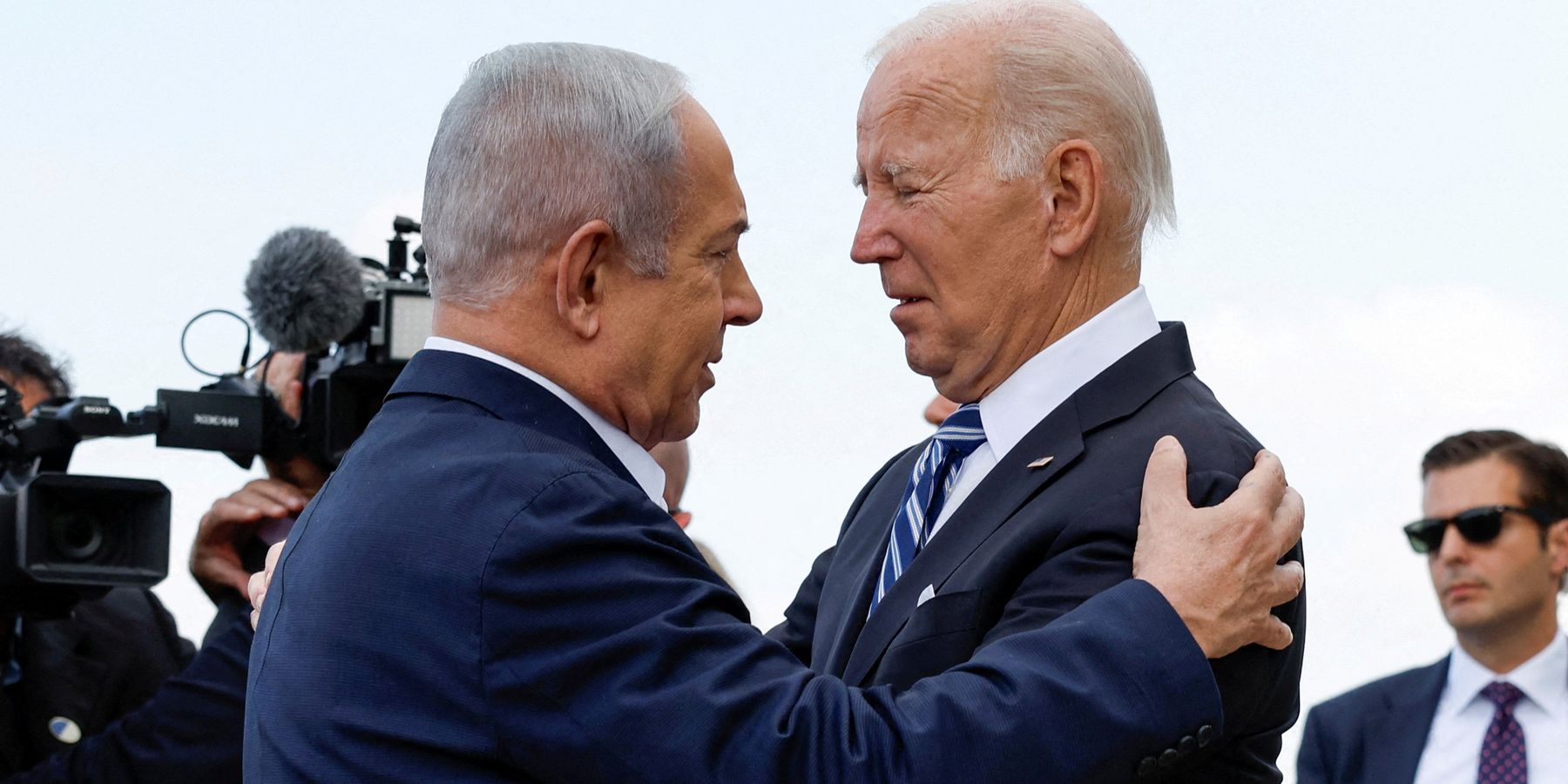There is little doubt that President-elect Donald Trump’s posture vis-a-vis Israel is a key reason why a ceasefire in Gaza has finally been achieved. According to a diplomat briefed on the matter, this was “the first time there has been real pressure on the Israeli side to accept a deal.”
This means that for 15 months, Israel has dropped American bombs on children in tents, on refugees sheltering in schools, and on patients seeking help in hospitals without President Joe Biden exerting any “real pressure” on Israel to stop.
And once the mere posture of pressure was exerted on Israel by an envoy representing a man who isn’t even President yet, lo and behold, a ceasefire was secured.
All these senseless deaths, all the American credibility lost, all the Biden voters who stayed home in protest on November 5 could have been avoided.
The truth of the matter is that every day for the past year, Biden could have secured a ceasefire by using America’s vast leverage.
And every day for the past year, from all the evidence we have today, Biden chose not to.
That is the crux of the matter. It is precisely the fact that Biden chose this path that will damage America for years to come. It wasn’t that he lacked the ability or strength to stop the carnage. It’s not that he really wanted to stop it but sadly couldn’t. It wasn’t that his hands were tied. It wasn’t that Congress forced him. Or that polls showed that he or Kamala Harris would lose the elections if they pressed Israel. It wasn’t any of that.
Biden was simply in on it. He was on board with Prime Minister Netanyahu’s war plans. He even attended the war cabinet where the plans were adopted.
In an exit interview with the Times of Israel, Biden’s outgoing ambassador to Israel even bragged about the Biden administration never exerting pressure on Netanyahu to halt the killing. “Nothing that we ever said was, Just stop the war,” Ambassador Jack Lew proudly declared.
By willingly making America complicit, Biden’s decisions will have profound and long-lasting strategic repercussions for the American people on par with the damage George W. Bush’s illegal invasion of Iraq inflicted on America’s standing, credibility, and security, as well as on the region’s stability.
Biden’s own acting Director of the National Counterterrorism Center (NCTC), Brett Holmgren, told CBS that "anti-American sentiment fueled by the war in Gaza is at a level not seen since the Iraq war." Terrorist groups such as Al Qaeda and ISIS are recruiting on these sentiments and issuing the most specific calls for America in years, according to Holmgren.
So every bomb Biden provided Israel to drop on children in Gaza was not only morally monstrous; it also made Americans less safe.
It will take years for America to recuperate from the damage Biden has inflicted on our standing, our moral compass, our credibility, and on our security. America is still recovering from the sins of the Iraq invasion.
But there will be no healing at all, no bouncing back, unless we admit the errors, hold those responsible accountable, and learn to do better. Just as Bush’s Iraq invasion and Global War on Terror gave birth to the strongest anti-war sentiments among Americans seen in decades, made war-mongering bad politics, and the epithet “neocon” an insult, Biden’s bearhug strategy on and blind deference to Israel must forever be remembered as the original sin that led America down the path of complicity in what most likely amounts to genocide.
- Who should take credit for the ceasefire? Netanyahu. ›
- Biden & Trump take credit for Gaza ceasefire ›
- Gaza ceasefire hits the brick wall of Netanyahu's agenda | Responsible Statecraft ›
















